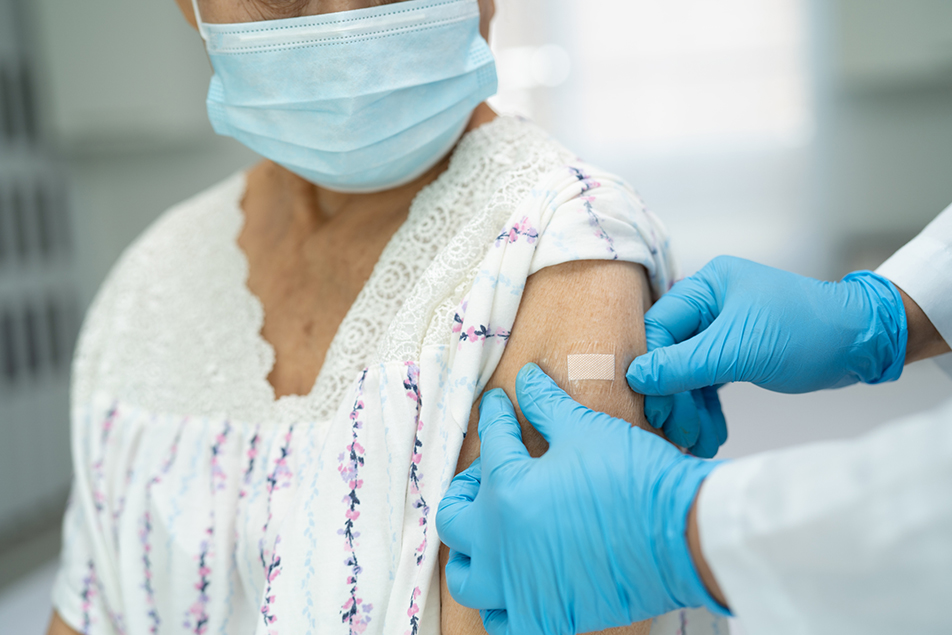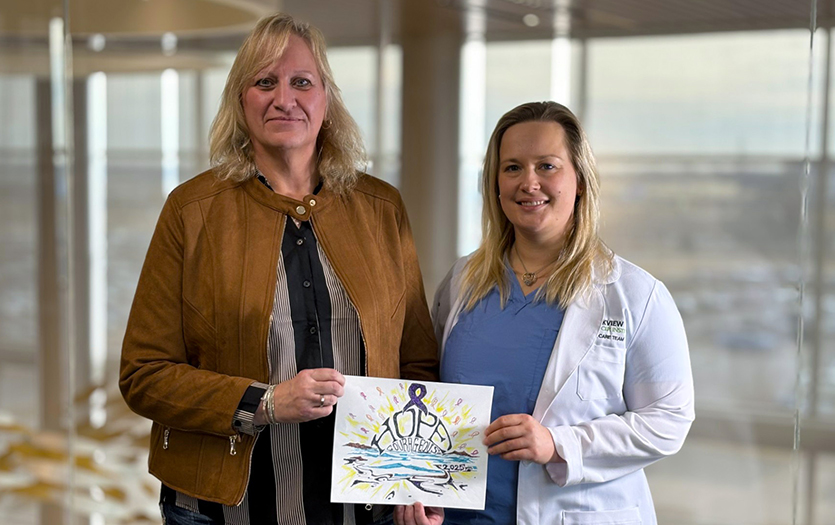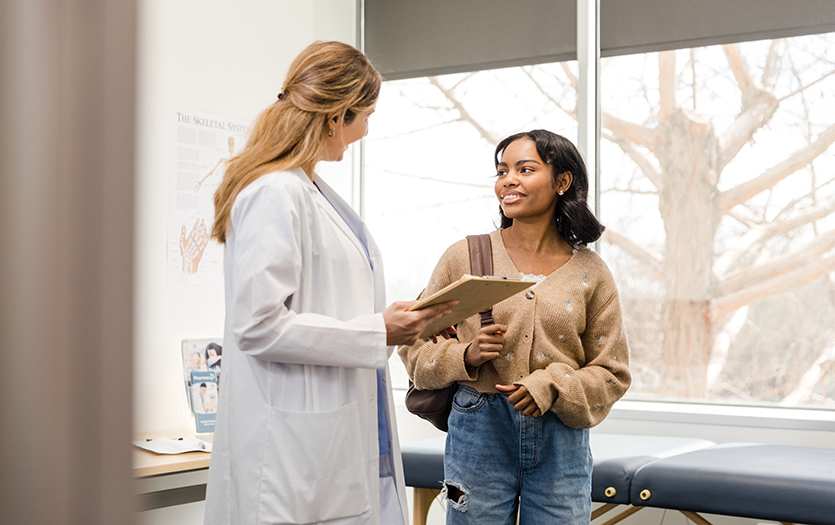
As updates regarding COVID vaccine recommendations continue to come out, it’s important for the public to understand why an additional dose of the vaccine will be helpful, and who qualifies. Michael Toole, MD, chair, Hematology Care Team, Parkview Cancer Institute, speaks specifically to cancer patients who should consider this additional protective measure.
What’s the difference between a third dose and a booster shot?
The third dose is recommended by the Centers for Disease Control and Prevention (CDC) for patients who are modestly to severely immunocompromised, who often do not build enough protection with the initial vaccination series. The third dose helps immunocompromised patients to build more protection against COVID-19.
In contrast, a booster dose is another dose of a vaccine for patients who had developed sufficient protection, but whose protection decreases with time. The United States Department of Health and Human Services has developed a plan for implementation of booster shots for late 2021, subject to FDA authorization.
Is the third dose of the vaccine different than the first two?
No, the third dose is the same, in terms of dosing and composition, as the initial two COVID vaccine shots.
Who is eligible for the third dose?
Patients who received the Moderna or Pfizer vaccination, who are moderately or severely immunosuppressed (see below), and with at least four weeks since completion of the second vaccination.
Who should get the third dose when it becomes available to them?
Patients who are receiving active cancer treatment (including CAR-T or bone marrow transplant), high-dose corticosteroids, or other medications that suppress the immune system would be eligible for a third dose. Please refer to the CDC website for non-malignant patient populations who may be considered for the third dose.
Are all cancer patients considered immunocompromised?
No. All patients receiving active treatment would be considered immunocompromised. Some patients with active disease on observation (particularly those with Chronic Lymphocytic Leukemia) are also considered immunocompromised. Patients who are post-treatment in remission might not necessarily be considered immunocompromised, depending on the type of disease, treatment received and time since treatment. I would recommend consulting with your cancer care team if you have questions.
How does an immunocompromised state impact vaccine efficacy?
Patients with hematologic malignancy, which is most well studied in Chronic Lymphocytic Leukemia (CLL) patients, can have altered immune systems that decrease responsiveness to vaccinations, hence the recommendation for third vaccination by the CDC. Additionally, patients treated with Chimeric Antigen Receptor T-Cells (CAR-T), Autologous Stem Cell Transplantation, and Allogeneic Stem Cell Transplant have significantly suppressed immune systems and function that reduces effectiveness of all vaccines.
The American Society of Hematology (ASH) currently recommends consideration of vaccination at earliest three months after any of these procedures (CAR-T, Autologous Stem Cell Transplantation, Allogeneic Stem Cell Transplantation).
If a patient previously received a one-dose vaccine, what should they do?
At present, this is unknown. The CDC reports there is currently insufficient data to make recommendations about receiving the Pfizer or Moderna vaccinations after initially receiving the Johnson & Johnson vaccination. Per the CDC website, more recommendations will be forthcoming, but there are currently no additional dose recommendations for patients with immunocompromised status. At this time, we would not recommend an additional vaccination for immunosuppressed patients that initially received the Johnson & Johnson vaccination.
Are Moderna and Pfizer third doses interchangeable?
At present, this is unknown. The CDC recommends receiving the third dose of the same vaccine that a patient received for the initial two vaccinations.
Do cancer patients experience side effects differently than others?
No, the side effects are similar for patients with cancer to those experienced by patients without cancer.
After a third dose, what precautions should cancer patients practice?
This depends on a number of factors, including:
- type of malignancy
- whether the vaccines were received prior to or while on therapy
- type of therapy the patient received
- the current disease status
- goals of treatment
In particular, patients with hematologic malignancy have a lower response to vaccinations in general and among the highest risk of complications, including mortality, from COVID-19, so I would generally favor a conservative approach, with continued mask wearing, regular hand washing and avoiding others who are ill. Given that every patient’s situation is unique, I would encourage patients to talk to their provider about recommendations specific to them.
Final thoughts
Be safe! Please reach out to your cancer care team so that we can provide you with the most up-to-date information.



